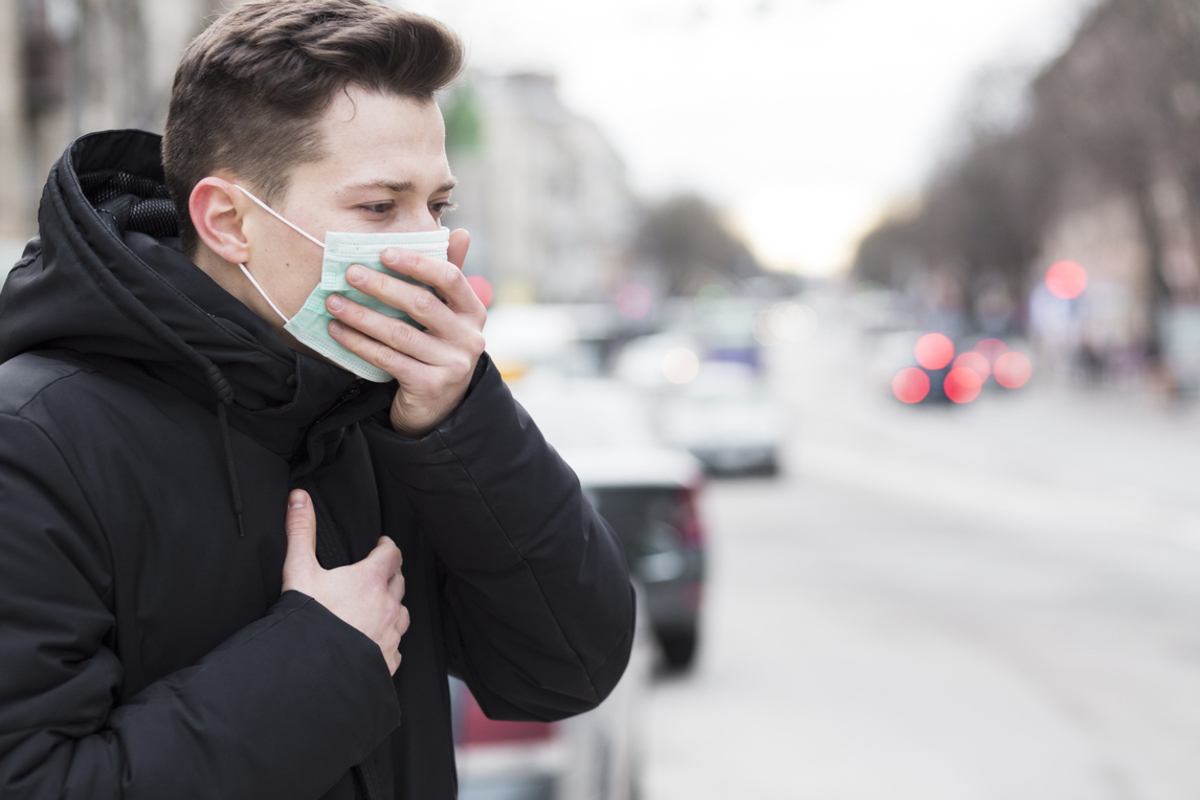From the dawn of history, people suffering from all sorts of medical conditions have experienced similar problems — rejection and stigmatization, leading to being excluded and ostracized from their communities.
This type of stigma can even be seen in the Old Testament, where leprosy was perceived as a curse from God, as well as throughout history, where people suffering from epilepsy, dermatological diseases, and mental disorders have been forced to carry the “badge of shame”, just for being sick.
Although the times have changed, social stigma has never gone anywhere. People suffering from ailments as varied as addiction, STDs, or even suicidal behavior fall victim to it every day. To make matters worse, those people are forced to simultaneously cope both with the illness itself and the sense of shame the society burdens them with.

A modern plague for modern times
The current COVID-19 pandemic, just like almost every infectious disease epidemic, has intensified the natural human fear of being sick, mainly because of the ever-increasing number of recorded cases.
Widely-published images of quarantined cities and sick patients — often couple with sensationalized headlines — only added fuel to the fire. Safety measures, like self-isolation, social distancing, and constant reminders to wash our hands, were introduced to keep us and our loved ones safe from contracting the virus.
However, in some people, this fear extended beyond the potential dangers of the virus itself, giving birth to a paranoid type of behavior. This mindset seems to comfort people who convince themselves that their fate lies exclusively in their own hands.
Fear and paranoia seem to be going viral, too
To make things worse, people with COVID-19 aren’t the only ones bearing this stigma. Because COVID-19 symptoms include coughing, people are now afraid to cough in public — and failure to hold it in can lead to real discrimination.
People with cystic fibrosis, tuberculosis and other respiratory diseases, allergies, and healthy people with only a tickle in their throat are now afraid to do something normal like coughing, because they may awaken fear in the eyes of a passerby. People seen coughing on the street are met with disgust, shunned, harassed, lectured about what they should do and not do.
It doesn’t matter if they have a mask on, or practice any of the compulsory or advised measures – they will almost certainly receive judgmental looks from nearby busybodies over something that cannot be controlled. A once innocent gesture was turned into a weapon to spread germs, and more often – fear.
It’s not even about the stigma itself, because even the anticipation of stigma may trigger fear in these unfairly marginalized groups, making them less likely to get tested and treated in the first place — severely reducing the efforts of overall prevention and increasing the risk of transmission.
Of course, there will always be those who aim to exploit crises to satisfy their selfish needs, resulting in (mis)using coughing as a fear-inducing weapon for them to try to get what they want. Luckily, these are individual incidences, but the authorities still debate if criminalizing this type of behavior is effective as a part of a successful disease control strategy.
How to fight against this type of stigma?
Education, including positive media coverage, is the most powerful weapon in fighting prejudice. By raising awareness and informing people both about the disease itself, as well about the consequences of discrimination, we are one step closer to creating an environment where everyone is treated equally, knowing that it is the safest (and the right) way to go.


Your thoughts on this